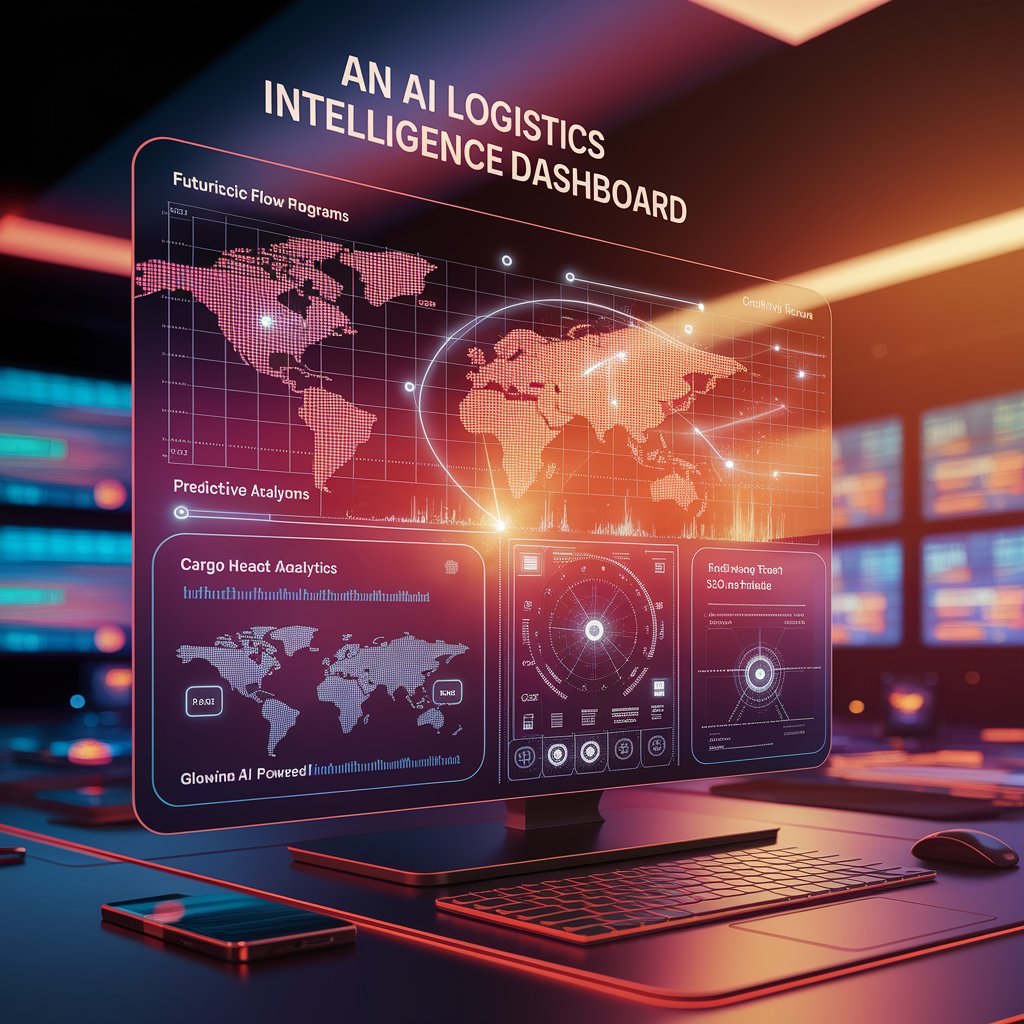How to Use AI Logistics Intelligence Tools with Linbis

AI logistics intelligence tools Introduction
With AI logistics intelligence tools, Linbis helps companies analyze, predict, and act on critical logistics data. From route optimization to predictive analytics, these tools allow businesses to automate decisions and streamline operations.
Step 1: Data Integration
- Linbis connects data from:
- TMS (transportation data).
- WMS (warehouse events).
- Carrier APIs (tracking updates, rates).
- IoT devices (GPS, sensors).
- TMS (transportation data).
This ensures a single source of truth for decision-making.
Step 2: Apply AI Models
Linbis uses machine learning and AI analytics to detect patterns and create actionable insights:
- Demand forecasting → Predict shipment volumes.
- Exception detection → Identify delays before they escalate.
- Customer analytics → Predict churn or high-value opportunities.

Step 3: Automate Workflows
- AI triggers automation based on insights:
- If ETA delay detected → Alert customer automatically.
- If fuel costs rise → Suggest alternative routing.
- If shipment risk detected → Escalate to operations manager.
- If ETA delay detected → Alert customer automatically.
Step 4: Visualize Insights
- Users see results in AI-powered dashboards:
- Carrier performance scorecards.
- Predictive demand curves.
- Risk heat maps for global shipments.
- Carrier performance scorecards.
Step 5: Continuous Learning
- AI models in Linbis self-improve over time by learning from historical data.
- The more shipments processed, the more accurate forecasts and recommendations become.
- AI models in Linbis self-improve over time by learning from historical data.

Advanced Features
- Multi-language NLP: Analyze customer messages in English/Spanish for insights.
- AI-powered pricing: Optimize freight quotes dynamically.
- Predictive alerts: Highlight bottlenecks before they impact customers.
- Custom workflows: Companies can design intelligence rules for their own needs.
Real-World Example 🚛
A global forwarder adopted AI logistics intelligence tools in Linbis. Results in 4 months:
- Reduced shipment delays by 22% thanks to proactive alerts.
- Improved forecast accuracy for ocean freight by 18%.
- Operations team saved 15 hours/week by automating manual data analysis.

AI logistics intelligence tools Benefits 📈
- Smarter Decisions: AI suggests best actions automatically.
- Efficiency: Less time wasted analyzing reports.
- Risk Reduction: Identify issues before they become critical.
- Visibility: Real-time dashboards provide clarity across operations.
- Customer Satisfaction: Faster, more reliable service.
AI logistics intelligence tools Conclusion
Automating workflows with AI logistics intelligence tools in Linbis transforms data into decisions. Companies can optimize operations, reduce risks, and deliver better customer service by applying AI to their logistics networks.
Instead of just reacting to problems, Linbis empowers logistics providers to predict, plan, and act with intelligence.
